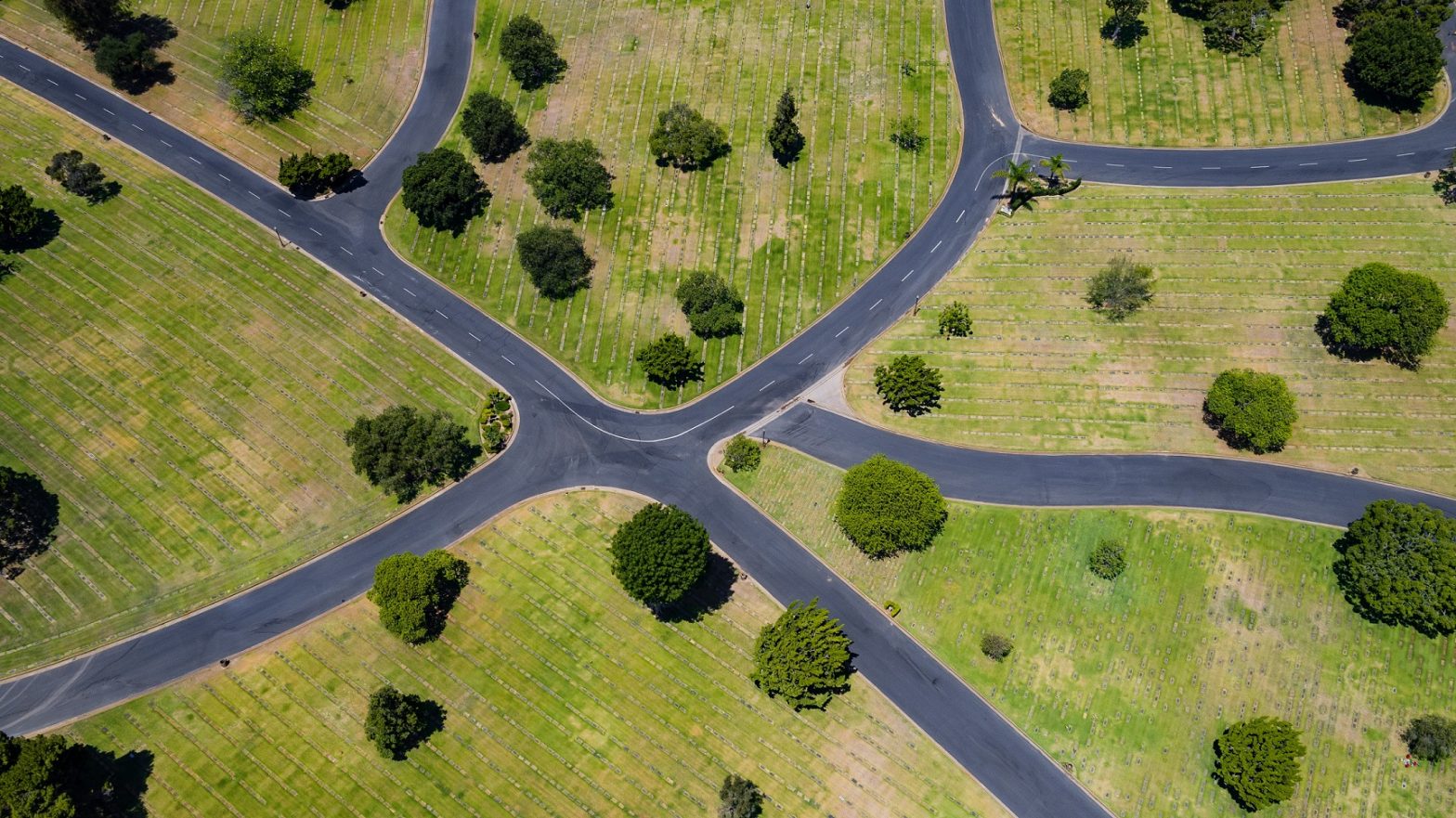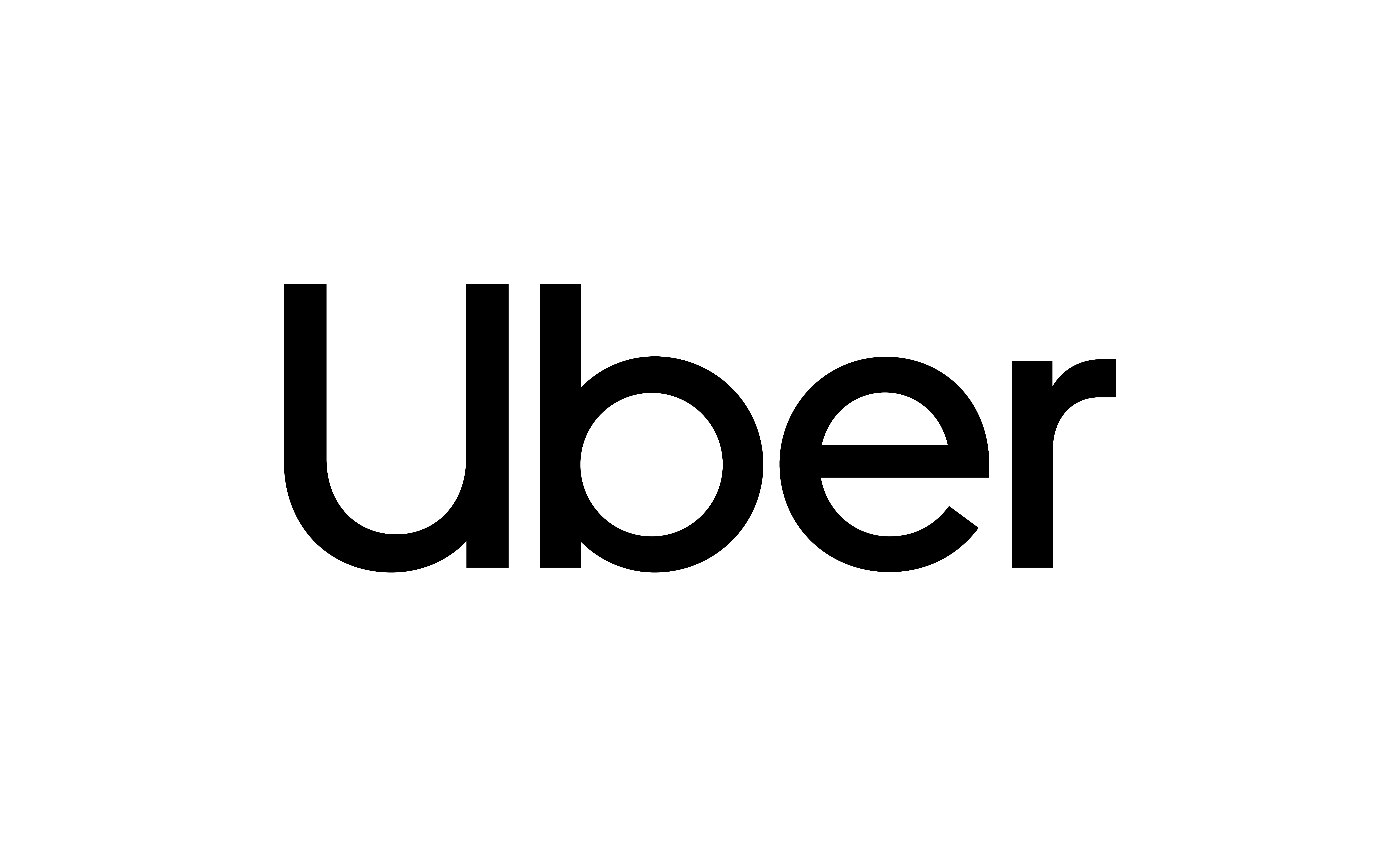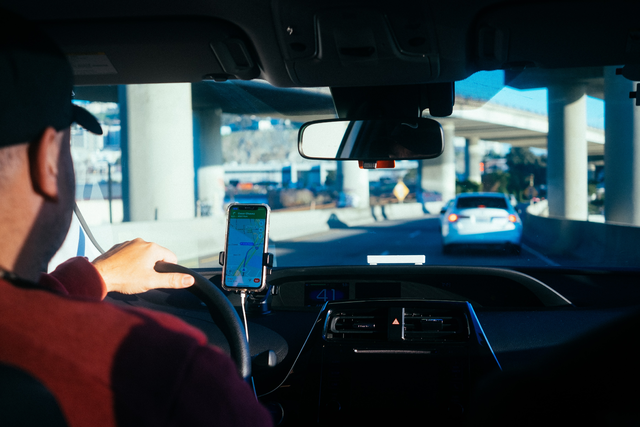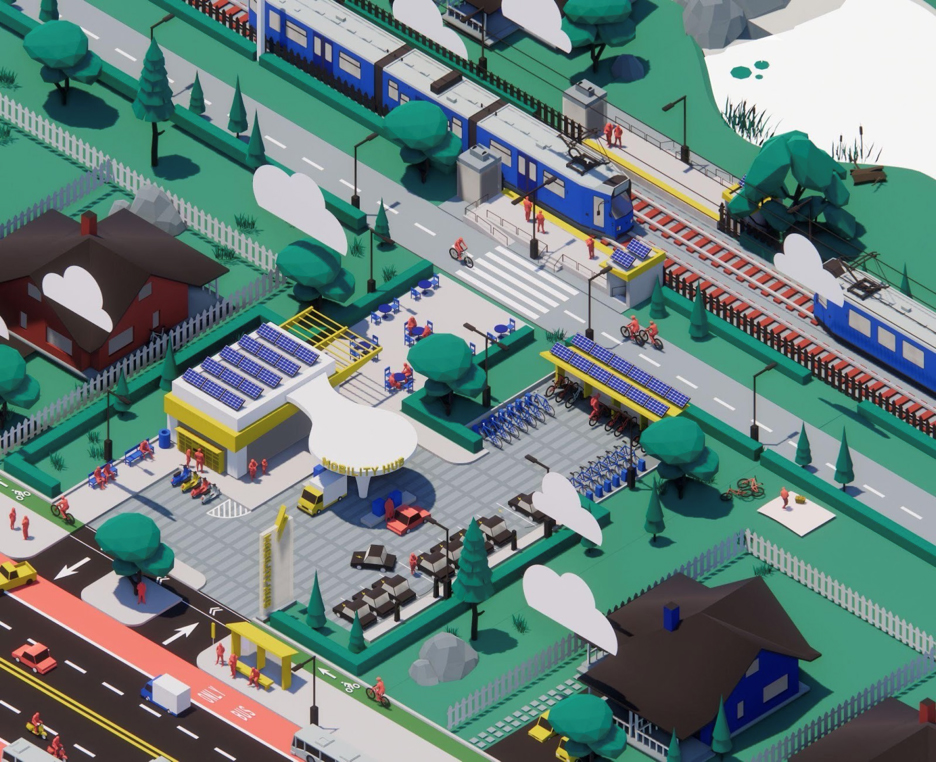
Photo: Uber
Remaking our cities for the better
11 May 2020
While COVID-19 has brought about unprecedented challenges, it also gives us a rare opportunity to rethink the cities we call home by exposing some painful shortcomings of our urban systems.
Communities that have historically had the least investment are hit hardest. People who don’t own a car – including many essential workers – are suddenly left stranded as public transit systems struggle to safely provide service. We’re seeing long lines to food banks – but what about people who can’t drive to pick up food?
As cities and governments around the world begin to cautiously lift lockdowns and set out on the path to recovery, they must develop transport systems that are resilient, sustainable and serve the needs of everyone. We’re already seeing promising short-term changes to respond to the immediate challenges of the pandemic. Cities across the globe, from Minneapolis to Milan, are rethinking urban space in favour of active transport, dedicating large parts of streets to pop-up bike lanes and wider pavements, so people can move on foot or on bikes while practising social distancing.
Uber supports cities’ efforts to provide flexible, on-demand transport and repurpose city streets, and we remain committed to playing our part. We work closely with cities to reflect COVID-19-related traffic changes in our mapping and routing. We called for safe infrastructure for vulnerable roadway users and share data to help inform where to place it. We envision Paris as a bike-friendly city, helping lay the groundwork for over 650 kilometres of new cycleways. We supplement late-night service from Miami-Dade County Transit to Hamburg, and expanded the service area for Innisfil to provide residents with more options to access grocery stores. We’ve expanded our delivery servicesso that cities can make sure people can receive not only meals but also medicine and other essential goods. Last month, Uber asked riders and drivers to stay home for those who can’t. And we’re doing our best to make that a little easier. Alongside partners like Save the Children, we are delivering meals from local restaurants and grocery stores to hard-hit communities – all without any contact. We’re also helping to make sure frontline workers can get to their jobs safely despite vastly reduced public transit services.
We’re confident that cities can come back stronger and better. In 1989, the Loma Prieta earthquake struck the California Bay Area. The impact was devastating, killing and injuring many, bringing down a major freeway, countless homes and businesses. However, from that pain and devastation came a period of urban growth and renewal across the City of San Francisco.
Instead of rebuilding a freeway along the waterfront that had long faced community opposition, San Franciscans chose to prioritise pedestrians and active mobility over cars, building a wide tree-lined boulevard in its place.
We are in a very different crisis today but the earthquake of 1989 demonstrated how a time of immense hardship can present an opening for change and revitalisation. While it’s still early days in this crisis, we have an opportunity to think deeply about how we want to remake our cities.
The pandemic has allowed us to see our cities in a different light – without the choking traffic and polluted air. But when the pandemic is over, could we really allow our cities to return to business as usual without a second thought?
Uber is in the business of helping cities move. We depend on the movement of people to work, school, restaurants or movie theatres. And like everyone else, we can’t wait to get back to the day when we can do all of these things without fear. But as we chart our recovery, we do not have to return to how things were before. This will also be a time to build back better, taking what we’ve learned from this painful crisis to help make our cities more resilient, vibrant and sustainable. Uber stands ready to help cities make this a reality.
Brought to you by:




